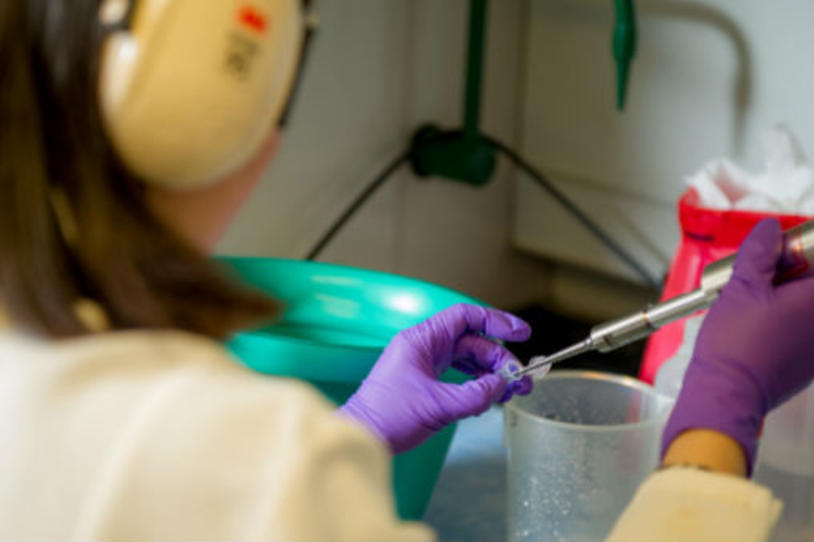
A drug developed for the genetic disorder Gaucher disease has shown promising results for treating Parkinson’s disease in pre-clinical models.
Gaucher is caused by a mutation in the GCase gene, which reduces activity of the GCase enzyme. The same genetic mutation is associated with a very few number of Parkinson’s cases, and reduced GCase is thought to contribute to alpha-synuclein accumulation. Clumps of the protein alpha-synuclein are seen in the brain cells of everyone with Parkinson’s disease and are toxic, leading to cell death.
Researchers wondered if heightening GCase activity would help avoid clumps of alpha-synuclein (called Lewy bodies) in anyone with Parkinson’s — not just those with the GCase mutation. Avoiding the formation of toxic Lewy bodies may stop cell death and the progression of PD.
Scientists from the University of California, Los Angeles tested the compound AT2101 to increase GCase activity. MJFF funded part of this research into AT2101, developed by Amicus Therapeutics, and is funding another project by the same UCLA team targeting GCase with another compound.
Their results from this study of AT2101 published in the October issue of Neurotherapeutics. The authors reported the drug improved motor and non-motor function, abolished inflammation in the brain and reduced the number of small Lewy bodies. However, they observed an increased number of large Lewy bodies; more research is needed to understand that finding.
The study’s disease models did not have a GCase mutation, meaning this therapy may have application to people with Parkinson’s disease but without that specific genetic variant.
“This is only a first indication that the drug may work,” Marie-Francoise Chesselet, MD, PhD, the study’s senior author, told Forbes. “[Models] never mimic exactly what happens in humans, but this still has the potential to stop the disease from progressing.”
Learn more about alpha-synuclein.
